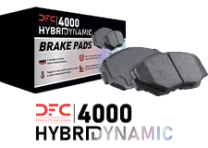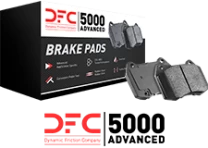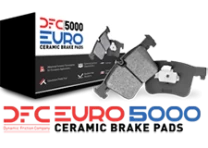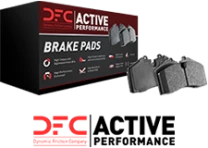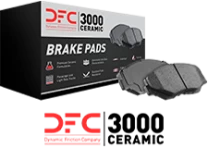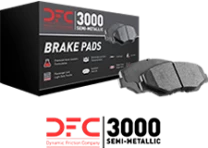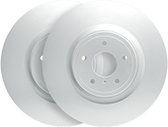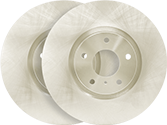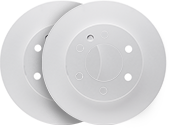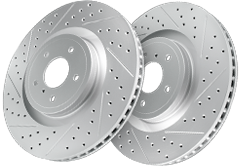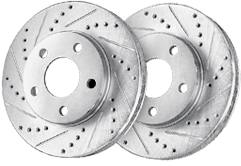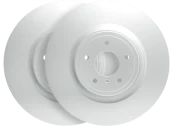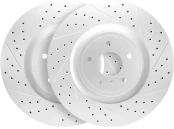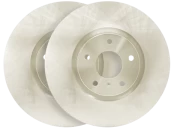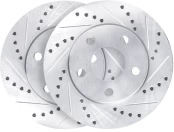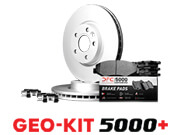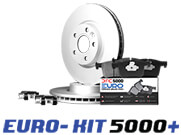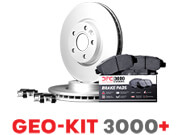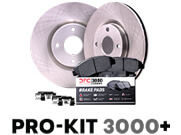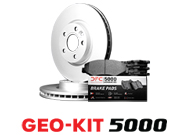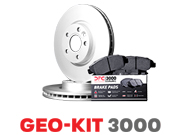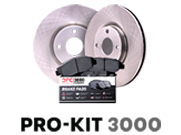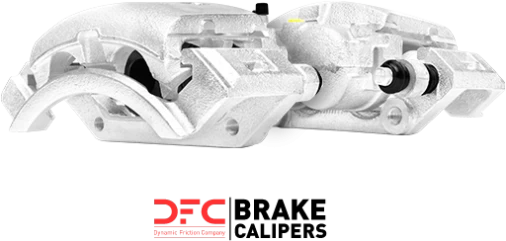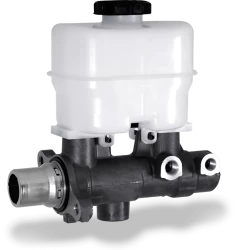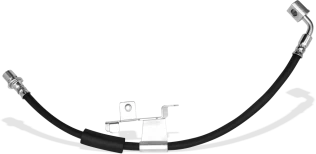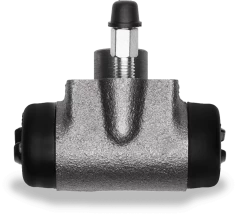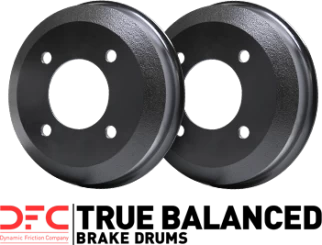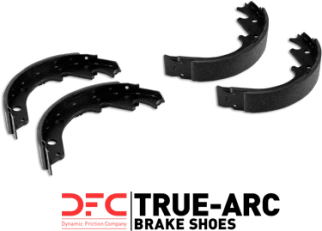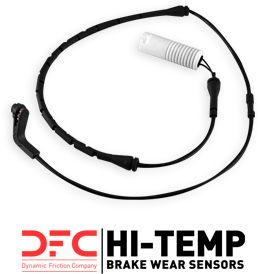
Welcome to “Questions with Dino,” a new series where DFC Co-founder Dino Crescentini answers common customer questions.
Today’s question: Why is DFC selling so many brake products for electric vehicles when those vehicles have regenerative braking?
Regenerative braking, found in both hybrid and electric vehicles, provides longer lasting brakes compared to gas-powered vehicles because there is far less braking during normal use.
So why are so many brake products sold for hybrid and electric vehicles, when their brakes should last far longer?
Questions with Dino
To answer this, Dino considers the Toyota Prius and the Toyota Yaris.
Both vehicles have the same fundamental chassis. However, the electric Prius may wear out its brakes faster than the Yaris, even with the aid of regenerative braking!
Why? Because electric vehicles like the Prius carry an extra thousand pounds of weight from their battery. Yes, regenerative braking lasts longer by itself…but because hybrid and electric vehicles are heavier, brakes may wear out sooner than anticipated.
P.S. Did you know?
DFC’s Carbon Alloy Rotors are a direct replacement part for electric vehicles like the Tesla Model 3. They can also be paired with DFC 5000 ADVANCED brake pads.
|
|---|

DFC’s 5000 ADVANCED brake pads are a direct replacement part for electric vehicles like the Tesla Model 3. They can also be paired with DFC Carbon Alloy Rotors.Â
|
|---|


 UNITED STATES
UNITED STATES
